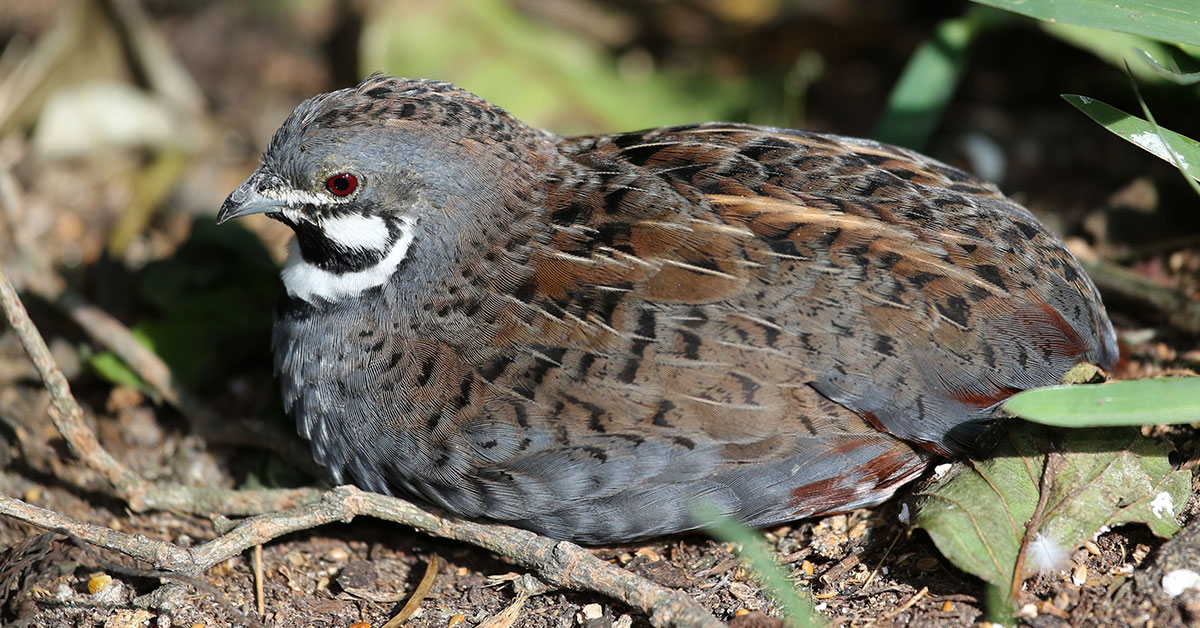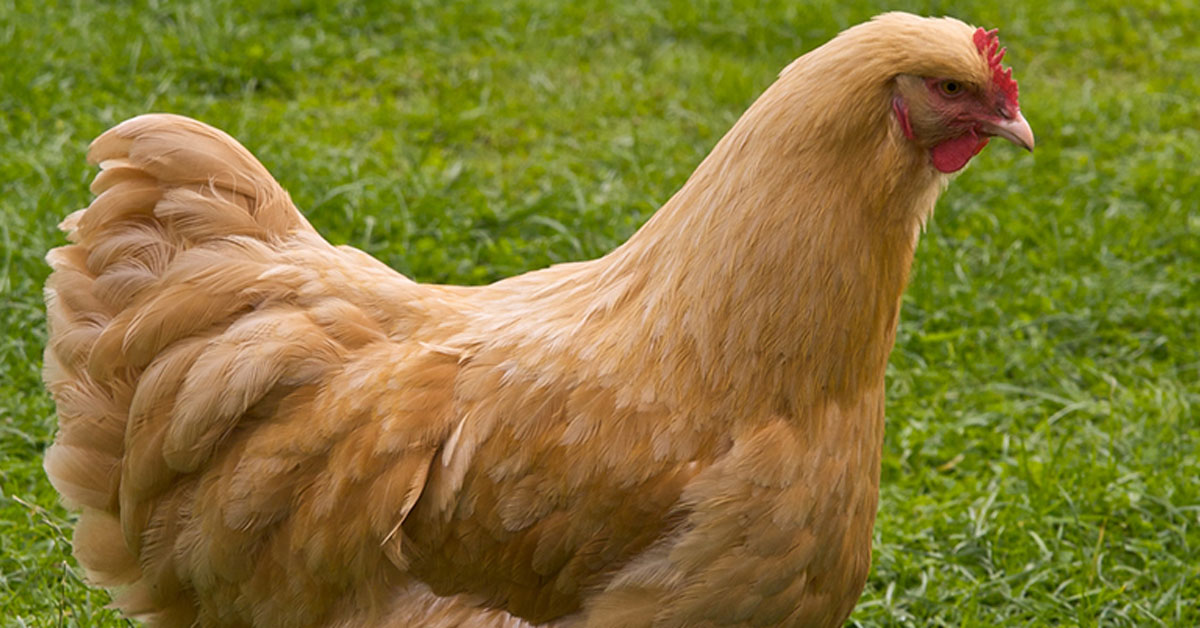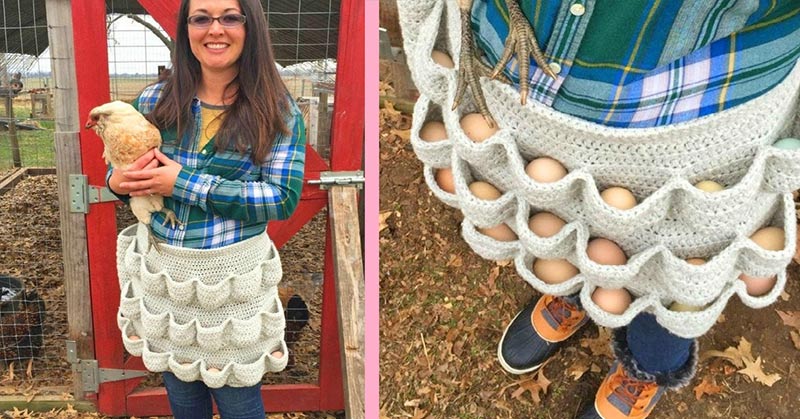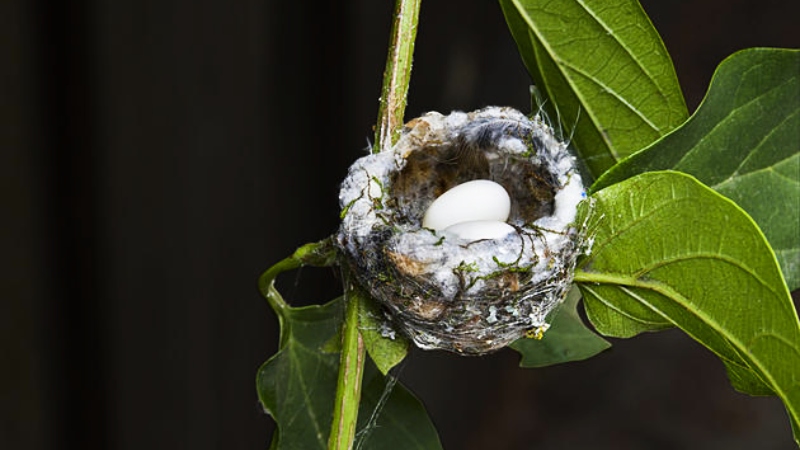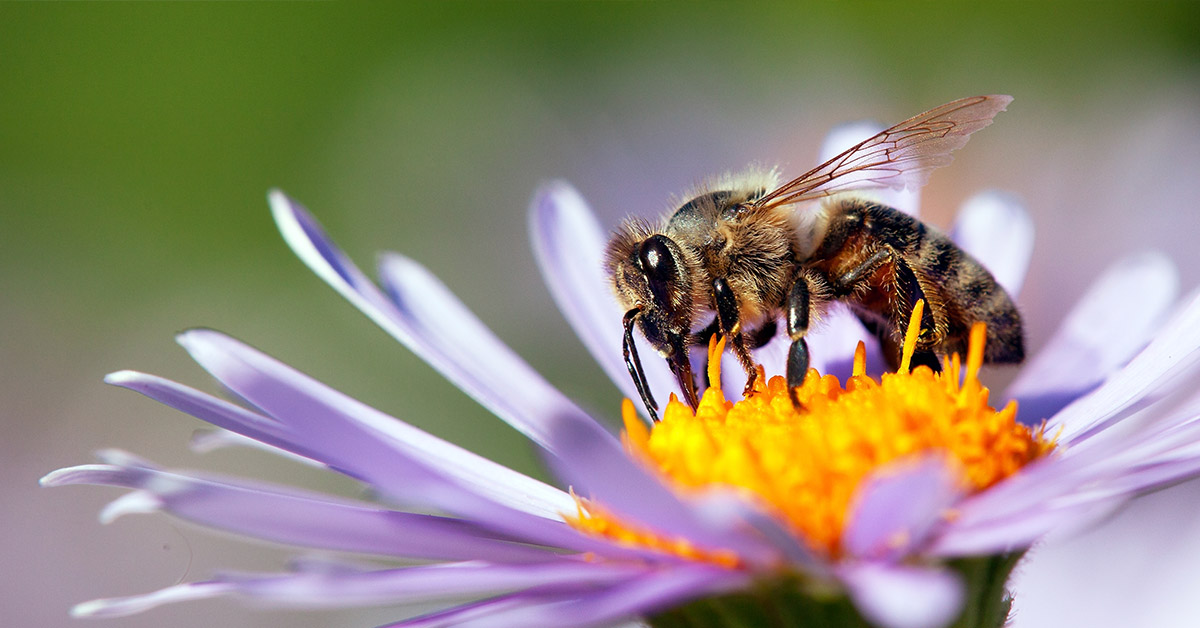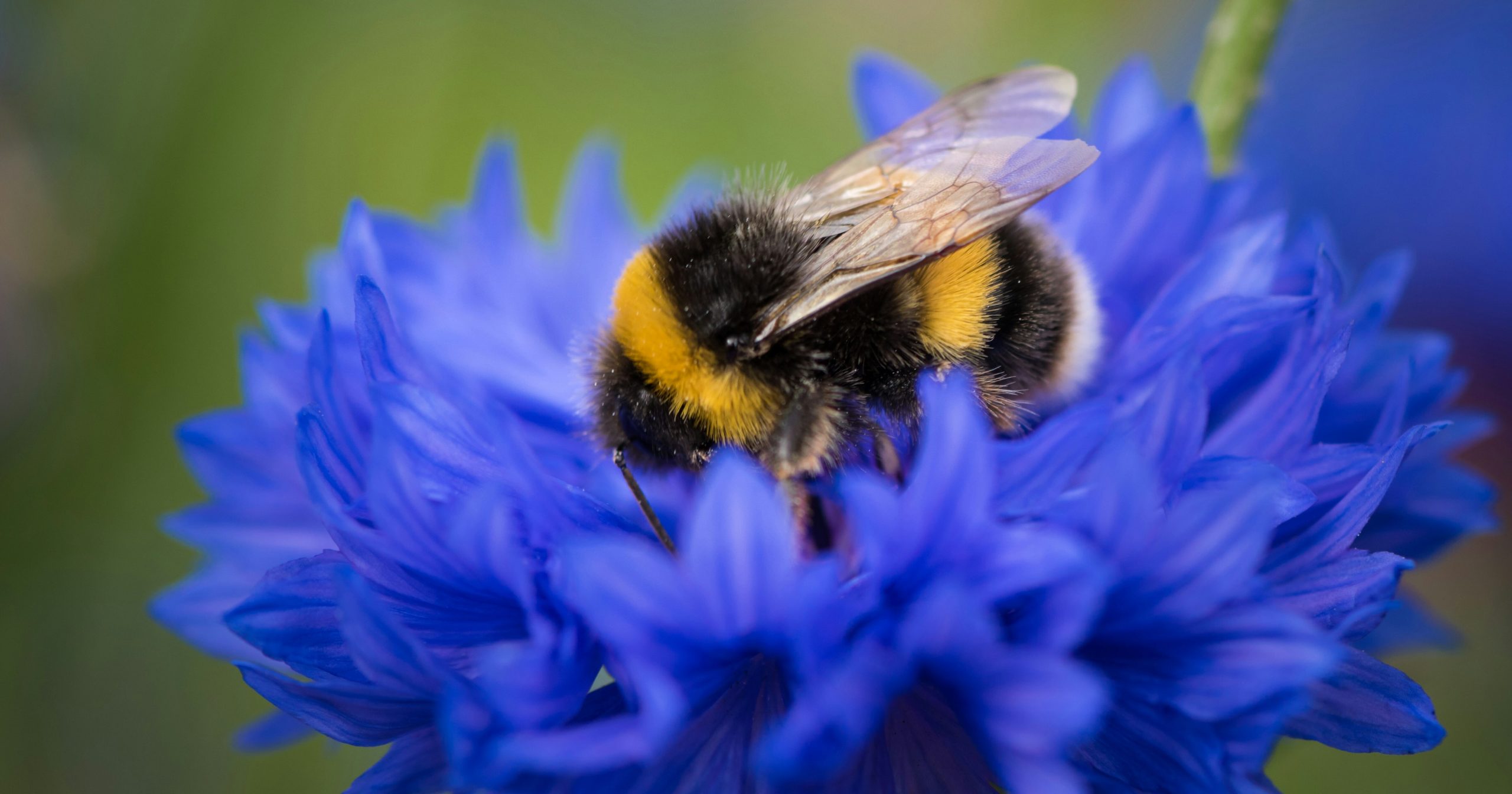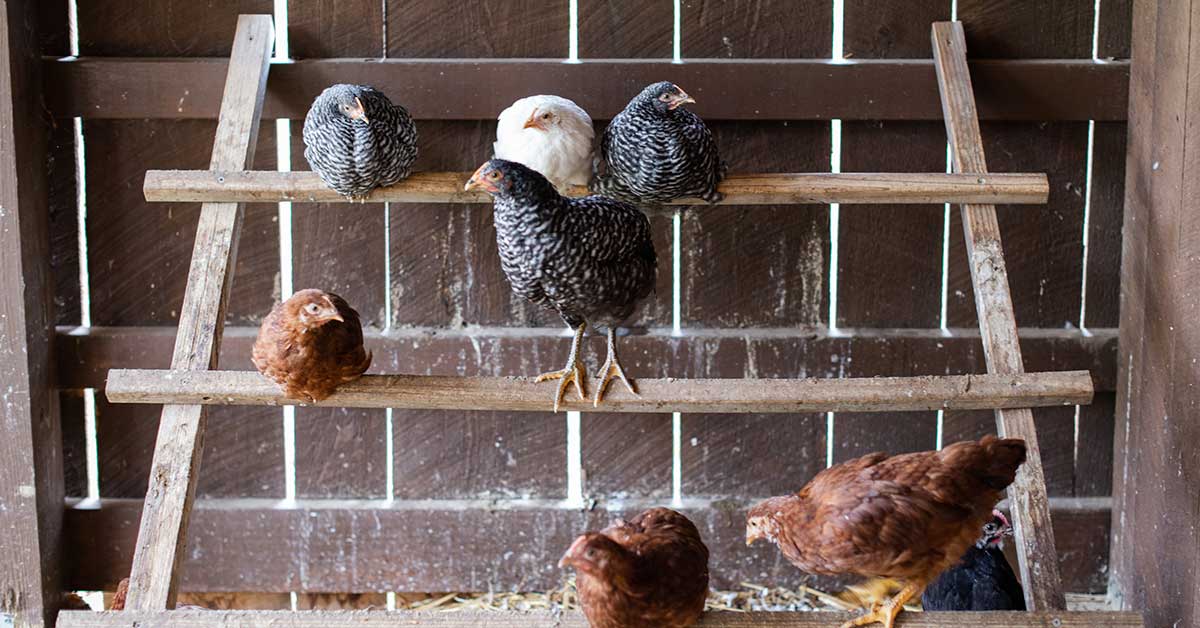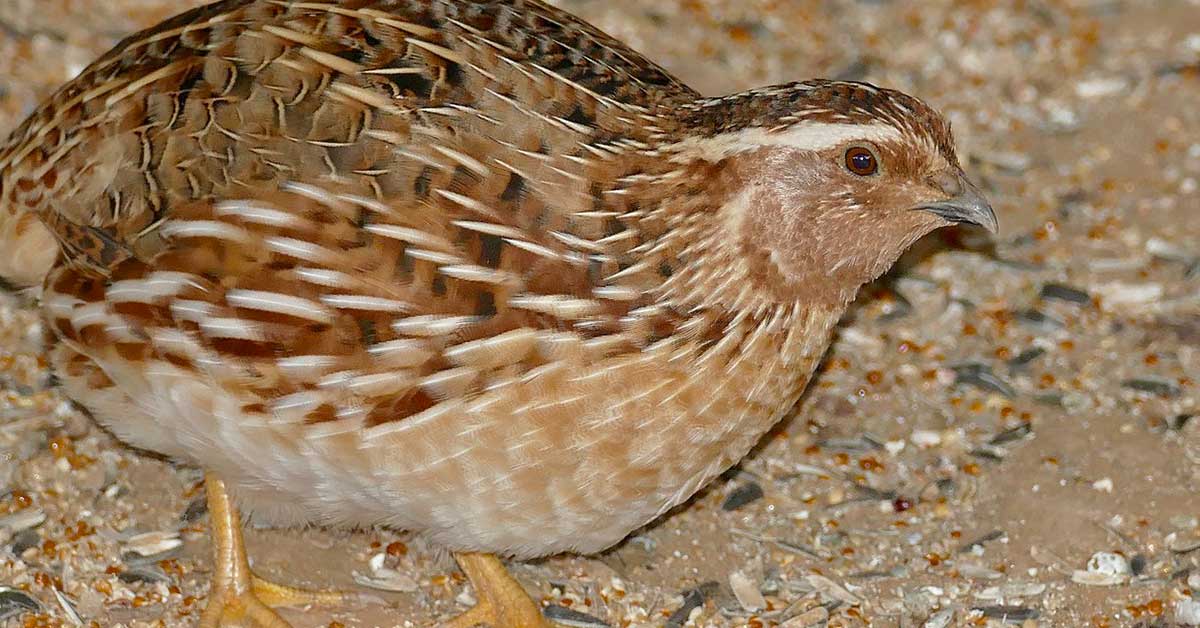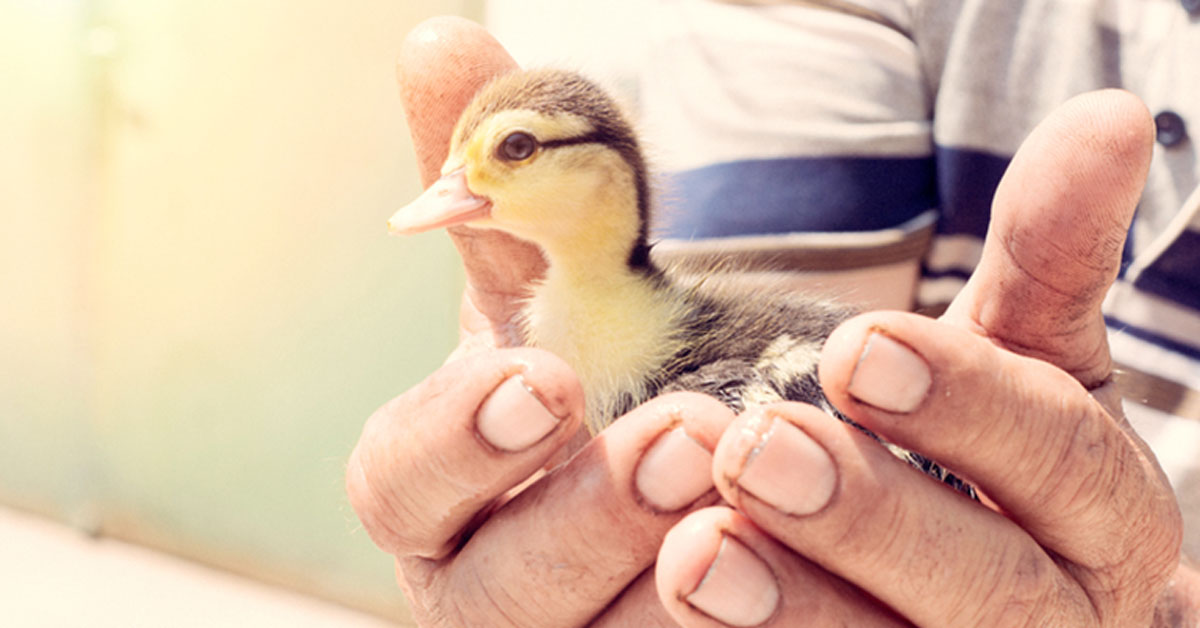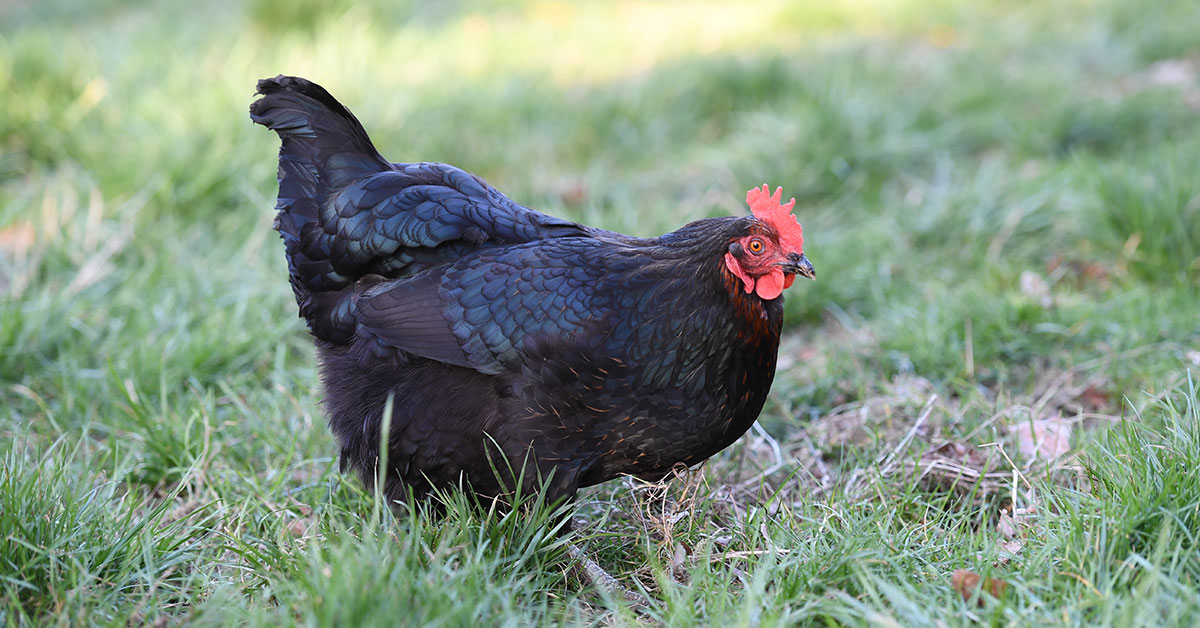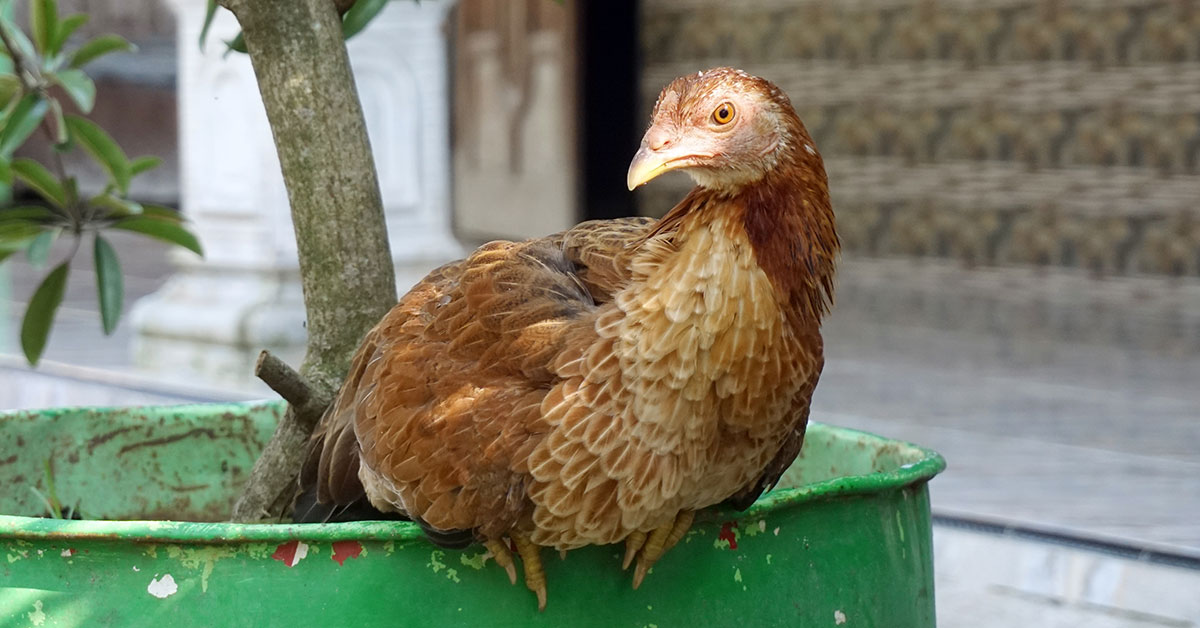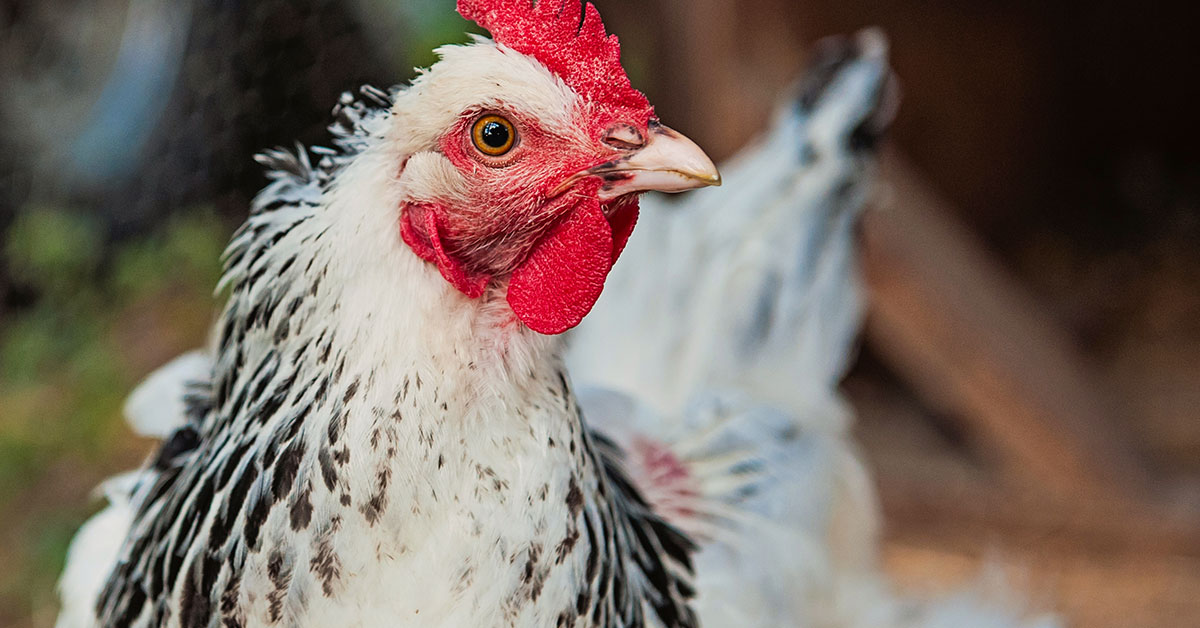Button quail, also known as Chinese painted quail or king quail, are fascinating and charming birds that have captured the interest of many avian enthusiasts. If you’re considering keeping these delightful creatures as part of your garden or homestead, it’s important to understand their lifespan and the factors that can influence it. You might be wondering: how long do button quail live? We’ll be answering that and more in this article.
How long do button quail live?
There are a number of different things that can impact the overall lifespan of your button quail, and a few things you can do to extend their lifespan.
Button quail typically have a lifespan of about 2 to 5 years in captivity. However, with proper care, a healthy diet, and a suitable living environment, it’s possible to extend their lifespan toward the higher end of this range. Like many animals, the longevity of button quail can vary based on several factors, including genetics, diet, housing conditions, and overall care.
How to extend my button quail’s lifespan
Extending the lifespan of your button quail requires a combination of attentive care, a suitable environment, and a focus on their overall well-being. As a responsible owner of these charming birds, here are some steps you can take to ensure they lead long and healthy lives:
1. Provide a Nutritious Diet: A balanced and nutritious diet is fundamental to the health of your button quail. Offer a variety of high-quality quail pellets, seeds, insects, and fresh vegetables. Ensure that their diet is rich in essential nutrients, vitamins, and minerals. Proper nutrition supports their immune system, reproductive health, and overall vitality.
2. Maintain a Clean Environment: Cleanliness is essential to prevent the buildup of waste and harmful bacteria in their living space. Regularly clean and disinfect their enclosure to create a hygienic environment. This includes cleaning food and water dishes, removing droppings, and changing bedding. A clean environment contributes to their well-being and reduces the risk of diseases.
3. Provide Adequate Housing: Create a spacious and well-ventilated enclosure that allows your button quail to exhibit natural behaviors. Provide hiding spots, perches, and areas for dust bathing. Make sure the enclosure is secure to protect them from predators and escape. Avoid overcrowding, as it can lead to stress and health issues.
4. Social Interaction: Button quail are social birds that thrive in the company of their own kind. Keep them in pairs or small groups to prevent loneliness and provide opportunities for social interaction. However, ensure that the enclosure is large enough to accommodate the number of quail you have without causing stress.
5. Enrichment Activities: Stimulate your button quail’s minds by offering enrichment activities. Scatter food for them to forage, provide safe toys for pecking and exploring, and offer natural elements like branches and leaves. Enrichment keeps them mentally engaged and prevents boredom, which can lead to behavioral problems.
6. Regular Veterinary Care: Schedule regular check-ups with an experienced avian veterinarian. A veterinarian can identify potential health issues early on and provide appropriate treatment. Routine check-ups, vaccinations, and parasite prevention are essential components of maintaining their health and extending their lifespan.
7. Monitor for Signs of Illness: Be vigilant and observant of any changes in behavior, appetite, or appearance. Rapid weight loss, lethargy, sneezing, difficulty breathing, or changes in droppings can be signs of illness. Promptly address any health concerns by consulting your avian veterinarian.
8. Provide Clean Water: Fresh and clean water is vital for the well-being of your button quail. Ensure that their water dishes are cleaned and refilled daily to prevent contamination. Dehydration can lead to a range of health issues, so regular access to clean water is essential.
9. Protect from Extreme Weather: Button quail are sensitive to temperature extremes. Provide appropriate heating or cooling measures to maintain a comfortable environment, especially during harsh weather conditions. Sudden temperature changes can stress the birds and compromise their health.
10. Research and Educate Yourself: Stay informed about button quail care by reading reputable books, articles, and resources. Continuously educate yourself about their behavior, needs, and potential health issues. A well-informed owner is better equipped to provide the best care for their birds.
By following these guidelines and dedicating yourself to the well-being of your button quail, you can significantly extend their lifespan and enjoy their delightful presence in your garden for years to come. Your efforts in providing a nurturing and enriching environment will be rewarded with the companionship of happy and healthy quail.
